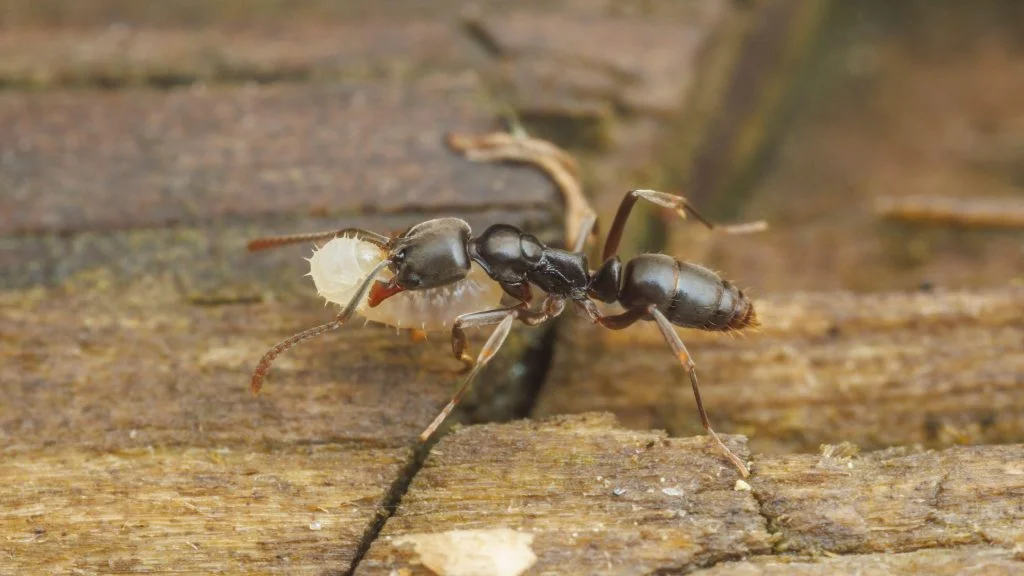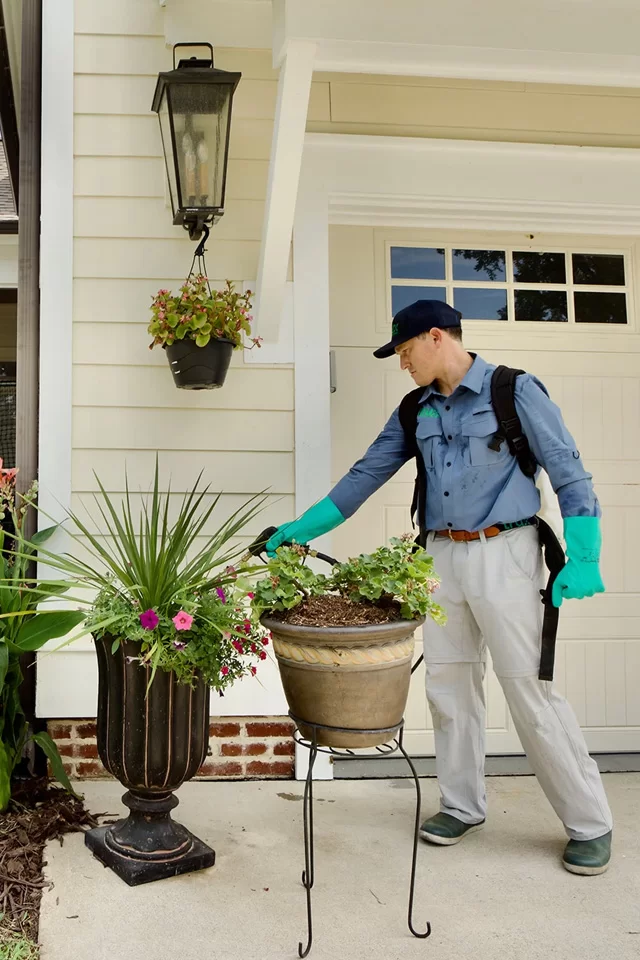If you live in the South, you’re no stranger to the occasional ant invasion—but there’s one species making its way into the region that you’ll definitely want to watch out for: the Asian Needle Ant. Unlike your typical nuisance ant, these pests pose real dangers to both your family and the environment. Understanding what makes them so harmful and how you can stop them from taking over your yard is essential for Southern homeowners.
What Are Asian Needle Ants?
Asian Needle Ants (Brachyponera chinensis) are an invasive species originally from Southeast Asia. They’ve been spreading steadily across the southeastern United States, including states like North Carolina, South Carolina, Georgia, and Tennessee. What sets them apart from common household ants is their aggressive nature, venomous sting, and tendency to thrive in wooded or shaded areas—including your backyard.
These ants are dark brown to black with lighter-colored legs and measure about 5 mm in length. They often nest under logs, mulch, rocks, and other yard debris. They’re active early in the spring and can remain active well into the fall, giving them a longer window to establish colonies and multiply.
Here is an image of an Asian needle ant (Brachyponera chinensis), a small, dark brown to black ant with lighter orange-brown legs and antennae. These ants are invasive in the southeastern United States and are known for their painful stings, which can cause severe allergic reactions in some individuals. They typically nest under logs, mulch, rocks, and other yard debris.USFS Research & Development
For more images and information, you can visit the NC State Extension’s page on the Asian needle ant. NC State Extension Entomology
If you suspect Asian needle ants in your yard, it’s important to take action to prevent potential stings and protect your local ecosystem. Professional pest control services, like TruX Pest Control, offer free inspections and targeted treatments to help manage and eliminate these invasive ants.

Why Are Asian Needle Ants Dangerous?
Asian Needle Ants aren’t just annoying—they’re dangerous. Here’s why:
-
Painful Stings: True to their name, these ants have a powerful sting that feels like a needle prick. The venom can cause intense pain, swelling, and in some cases, allergic reactions.
-
Health Risks: People with ant sting allergies are especially at risk. In severe cases, a sting could cause anaphylactic shock, which requires immediate medical attention.
-
Displacement of Native Species: These ants aggressively outcompete and displace native ant populations, which can throw off the local ecosystem.
-
Indoor Invasions: While they typically live outdoors, Asian Needle Ants can move indoors in search of food or during extreme weather conditions.
How Pest Control Helps Keep Asian Needle Ants Away
If you suspect Asian Needle Ants might be creeping into your yard—or if you just want to be proactive—professional pest control is the best line of defense. Here’s how TruX Pest Control can help:
1. Free Pest Inspections
It all starts with a free inspection. TruX Pest Control will thoroughly check your yard, garden beds, mulch areas, and foundation for signs of Asian Needle Ant activity. Identifying the problem early is key to preventing a full-blown infestation.
2. Targeted Treatments
TruX uses environmentally responsible, effective treatments that are specifically designed to eliminate ant colonies at the source—especially those hidden in hard-to-reach spots like under mulch or in woodpiles. Unlike DIY sprays that just scatter the ants, TruX targets the entire colony.
3. Ongoing Prevention Plans
Asian Needle Ants can be persistent, which is why TruX offers ongoing pest management plans to keep your home protected all year round. These plans include regular inspections and treatments, so your property stays ant-free and safe for your family.
4. Education and Tips
In addition to treatments, TruX helps homeowners understand how to make their yards less inviting to these ants. Simple changes like reducing excess moisture, keeping firewood off the ground, and regularly cleaning up yard debris can go a long way.
Don’t Wait Until It’s Too Late
With their painful stings and aggressive nature, Asian Needle Ants aren’t something you want to ignore. As they continue spreading across the South, it’s important to stay one step ahead. TruX Pest Control makes it easy with free inspections, customized treatments, and expert knowledge.
Stay safe. Stay protected. Stay TruX.
Ready to take control of your yard? Contact TruX Pest Control today for your free pest inspection and keep dangerous pests like the Asian Needle Ant out where they belong.



